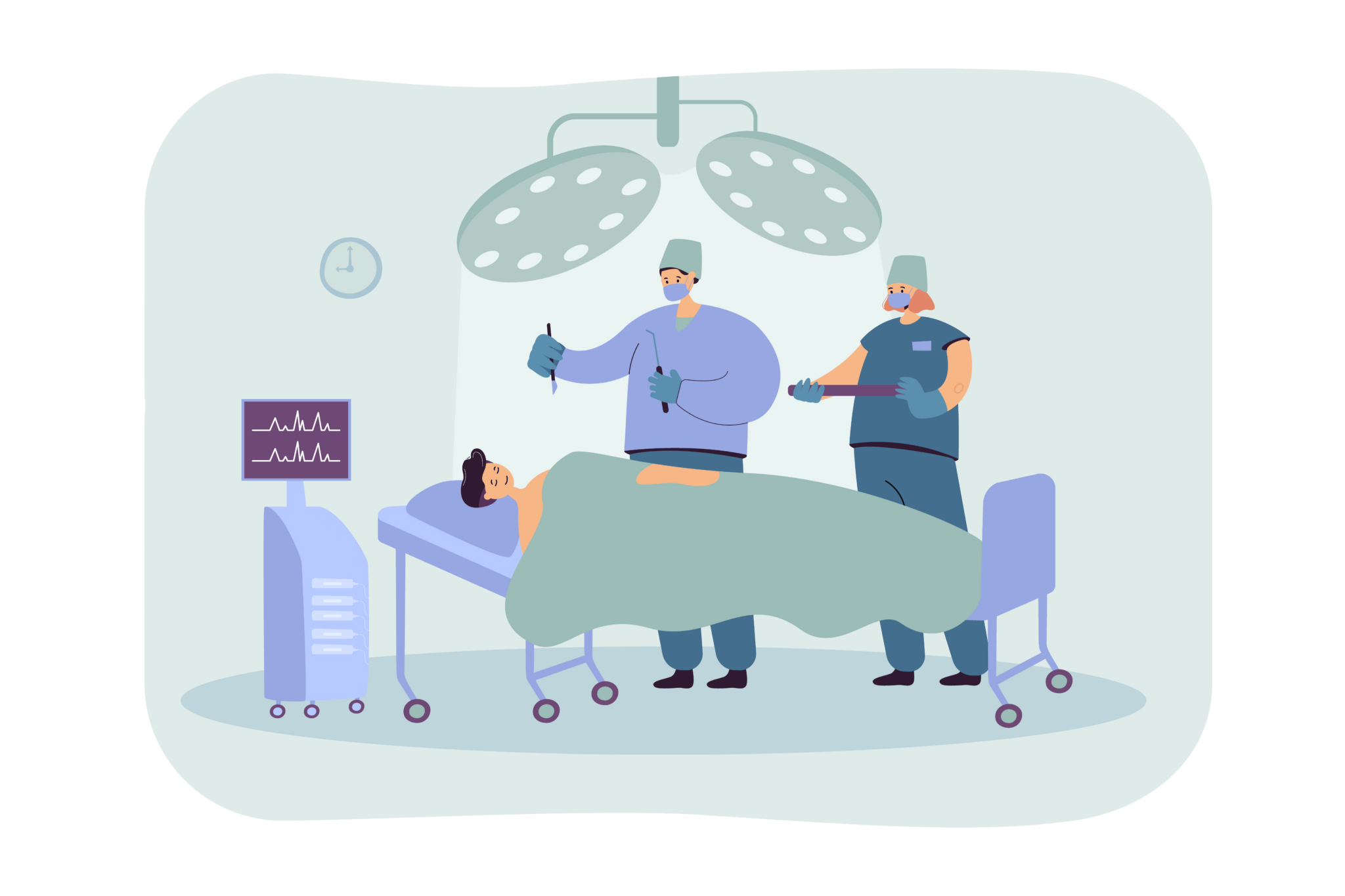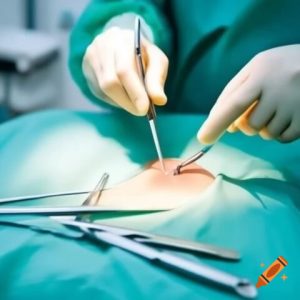This Course Structure is Curated as per the NEP-2020 Guidelines
Course Overview
M.Sc. Minimal Invasive Surgery Technology program at Malla Reddy Vishwavidyapeeth, Hyderabad, is a postgraduate course designed to provide advanced training in minimally invasive surgical techniques, emphasizing precision, patient safety, and faster recovery.
This program focuses on equipping students with the theoretical knowledge and hands-on skills from 1st semester itself. The curriculum focuses on laparoscopic and endoscopic procedures, advanced surgical instrumentation, robotics-assisted surgeries, and perioperative patient care. Students gain hands-on experience in operating high-end surgical equipment and assisting surgeons during complex minimally invasive procedures.
Graduates of this program emerge as ‘Senior Surgical Technologists or Assistants’, enabling them to pursue further higher studies & do research in minimally invasive and robotic surgery, along with plenty of job opportunities globally.

Course Details
Description: 2 Years Degree Program
No. of Seats: 20
No. of Credits: 80 minimum & as specified
- Eligibility
- Curriculum Structure
- Program Outcomes
- Career Enhancement
- Higher Studies
- Job Roles & Progression
- The minimum eligibility is a B.Sc. degree in Medical Sciences, Surgical Technology or equivalent with at least 50% aggregate marks from a recognized university.
Semester | Name of the Subject |
Semester 1 | Fundamentals of Minimally Invasive Surgery, Surgical Anatomy and Physiology, Basics of Laparoscopy, Patient Safety in Minimally Invasive Surgery, Practical: Basic Laparoscopic Techniques |
Semester 2 | Advanced Laparoscopic Procedures, Robotic-Assisted Surgery, Endoscopic Procedures, Surgical Instrumentation and Equipment, Practical: Robotic and Endoscopic Techniques |
Semester 3 | Complications in Minimally Invasive Surgery, Patient Positioning and Anesthesia in MIS, Research Methodology and Biostatistics, Surgical Ethics and Legal Aspects, Practical: Handling Complications in MIS |
Semester 4 | Surgical Unit Management, Innovations in Minimal Invasive Surgery, Thesis/Research Project, Practical: Operating Room Management and Compliance |
- Laparoscopic and Endoscopic Techniques: Proficiency in performing laparoscopic and endoscopic procedures, including suturing, dissection, and tissue handling.
- Robotic-Assisted Surgery: Knowledge of robotic surgical systems, instrument handling, and robotic-assisted procedures.
- Patient Safety and Surgical Protocols: Skills in maintaining a sterile environment, following safety protocols, and handling anesthesia requirements.
- Management of Surgical Complications: Expertise in identifying, managing, and preventing complications during minimally invasive procedures.
- Surgical Instrumentation and Equipment Handling: Familiarity with specialized tools and equipment used in MIS, such as laparoscopes, endoscopes, and robotic instruments.
- Surgical Unit Management: Skills to manage the operating room, coordinate with the surgical team, and ensure compliance with safety and quality standards.
- Certification in Laparoscopic Surgery: Specialized training in laparoscopic procedures, including suturing, dissection, and tissue manipulation.
- Robotic Surgery Certification: Focuses on operating robotic systems and performing robotic-assisted surgeries.
- Endoscopy and Diagnostic Techniques Certification: Covers endoscopic techniques for diagnosis and minor surgical procedures.
- Surgical Safety and Compliance Certification: Emphasizes safety protocols, sterilization, and compliance in the surgical environment.
- Surgical Unit Management Certification: Provides skills in managing the operating room, scheduling procedures, and coordinating surgical teams.
- Ph.D. in Minimally Invasive Surgery or Surgical Technology
- Fellowship in Laparoscopic Surgery or Robotic Surgery
- Postgraduate Diploma in Endoscopic Surgery
- Advanced Certifications in Surgical Robotics or MIS Techniques
Duration | Roles and Responsibilities | Salary Range |
0-3 years | Surgical Assistant, Laparoscopic Technician | ₹5,00,000 – ₹8,00,000 per annum |
3-5 years | Senior Surgical Technologist, Endoscopic Specialist | ₹8,00,000 – ₹12,00,000 per annum |
5-10 years | MIS Unit Manager, Robotic Surgery Specialist | ₹12,00,000 – ₹15,00,000 per annum |
10+ years | Director of Minimally Invasive Surgery Services, Chief MIS Technologist | ₹15,00,000+ per annum |
Note: Salaries vary based on experience, location, and type of healthcare institution.

Fee Structure Per Academic Year
| Tuition Fee | Miscellaneous Fee | Scholarship | ||
| 200000 ₹ | 10000 ₹ | Above 90% – 40000 ₹ | Between 81-90% – 20000 ₹ | Between 71-80% – 10000 ₹ |




